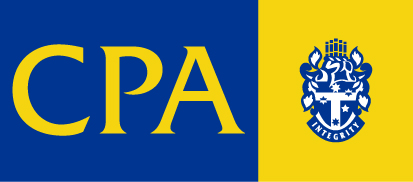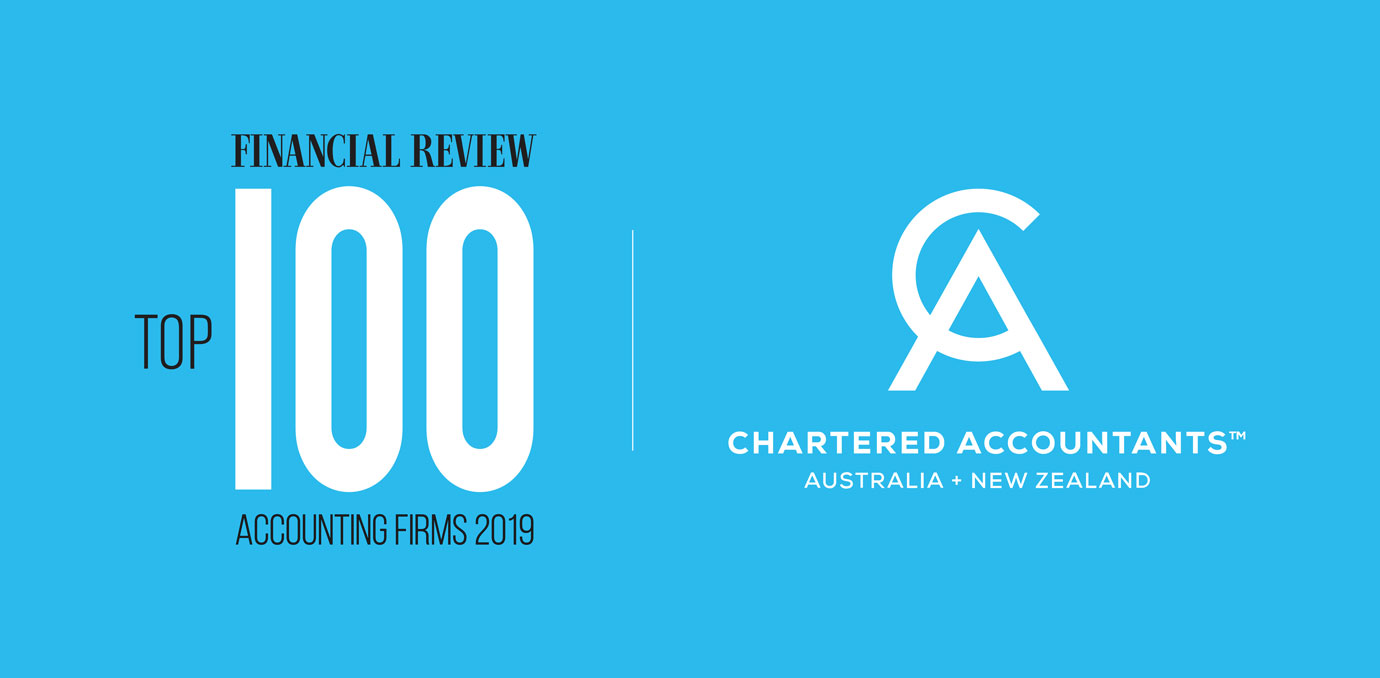This article originally appeared on the ATO website on 19 August 2020.
If you run your home-based business as a company or trust, your business should have a genuine, market-rate rental contract (or similar agreement) with the owner of the property. The agreement will determine which expenses the business pays for and can claim as a deduction.
If there isn’t a genuine rental contract, there may be tax implications for you and the business for providing benefits to you.
If you earn personal services income (PSI), you may not be able to deduct some occupancy expenses.
Implications when you are both the business owner and an employee
If you’re both the business owner and also an employee of the business and the business pays for or reimburses you for some of the expenses of running your business from home, you can’t claim a deduction for the expenses in your individual income tax return.
Your business will have to pay fringe benefits tax (FBT) if it pays or reimburses you for the expenses as an employee. Certain exemptions and concessions may apply to reduce your FBT liability. You may need to keep additional records for FBT purposes.
Example: Company with a rental contract
Gary is a music producer who runs his business – Gary’s Tunes Pty Ltd – as a company from the home that he owns.
Gary’s house has a dedicated studio space where he keeps his music recording and editing equipment and computer. He bought these using his company account and only uses them for the business.
Gary’s Tunes Pty Ltd has a formal rental agreement with Gary to hire the studio for $500 per month. The rent covers use of the space and facilities, such as electricity. This is consistent with what it would cost the company to hire a similar studio elsewhere.
Gary’s Tunes Pty Ltd claims tax deductions for:
- rent paid to Gary
- the full cost of the music equipment and computer, as each item cost less than $30,000.
Gary must report the rental income that he receives from his company in his personal income tax return. He can claim a deduction his expenses from making that income.
When Gary sells his house, he may have to pay tax on a portion of any capital gain he makes. The main residence exemption won’t apply to his studio for the periods that he rented it to his company.
Related Tags:
Accountants Gold Coast
Tax Accountant Gold Coast






